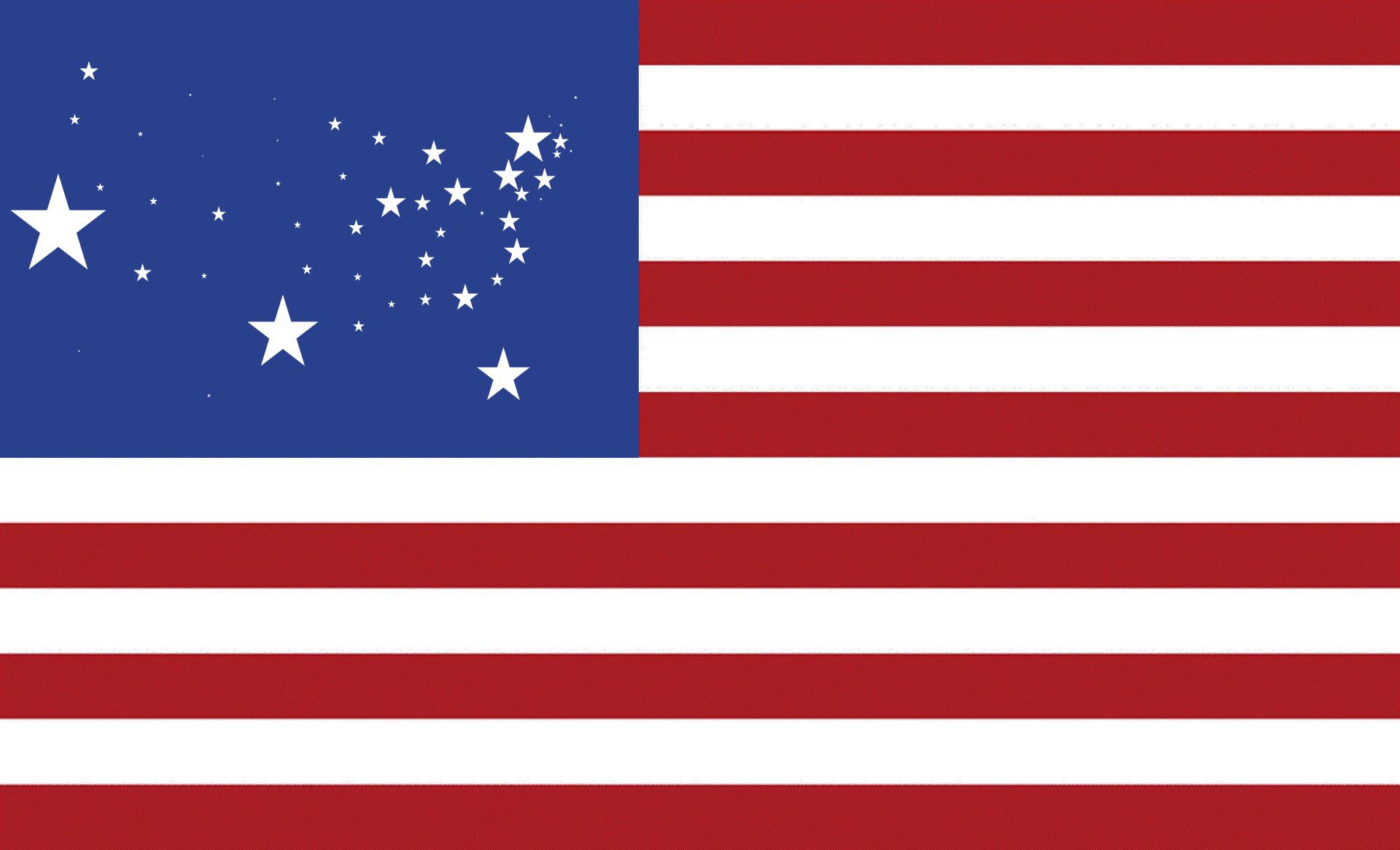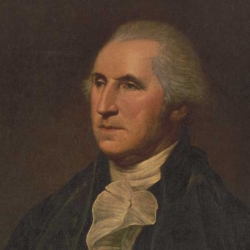| Contribute a translation | Source (English) |
|---|---|
We are assembled to celebrate the anniversary of the day in the year 1945 when the Charter of the United Nations went into effect. With the adoption of that Charter, the first step was taken toward bringing all the nations of the world into a law-bound convenant to respect one another’s rights. | |
What is a nation? It is people who live in a land of their own, who live in it and derive their living from it; people bound together by common memories, by shared experiences, and by the ideals and aspirations that have grown out of those experiences. | |
Each nation thus possesses a character of its own. The national character helps mold the life of every man and woman in the nation and every man and woman adds something of his own to the life of the nation. No person is merely an individual. His very personality is rooted in the soil of his nation, reflects its landscape, thinks in its language, responds to its moral standards, laws, and customs. In the permanence of the nation his own life acquires abiding meaning; the resources of the nation enhance his meager powers; the security of the nation protects his own. The sovereignty of the nation derives from the nation’s need to be free to help its people obtain these blessings. Each nation should therefore be allowed to live its own life, to seek its own welfare, and to make its own contribution to civilization. | |
But national sovereignty must not be absolute. It must always be subject to the sovereignty of God, to whom belongs the earth and the fullness thereof.[1] Cf. Psalms 24:1. It must conform to His law of justice. When nations act arbitrarily in their own interest and disregard the needs and the rights of other nations, they usurp God’s sovereignty and render idolatrous obeisance to their own national ego. Nationalism then turns from a blessing to a curse. This has been the tragedy of human history with its record of recurrent wars that wreak havoc with human lives. | |
Aggressive nationalism has been the scourge of mankind in every age, but in ours it menaces the very existence of the race of man. Technology has shrunk the dimensions of our world and bound together in one economic mesh people of all races and all climes. We are all neighbors now and must learn to live together as neighbors. International war is an anachronism that must be abolished. Wars have become too destructive to be tolerated. Their devastation affects the lives not only of the participants but of whole populations, including millions of people who have no share in waging them. War has become mutual genocide. There is no victory in modern war, save for the vulture, the worm, and the disease germ. | |
Under such conditions national sovereignty can no longer mean complete national independence; it must mean the equality of interdependent nations. It calls for the union of all nations, great and small, to protect the rights of each and advance the good of all. | |
Let us look upon mankind’s plight as a challenge from God, who tells us: “I have set before you life and death, the blessing and the curse. Choose, therefore, life.” (Deuteronomy 30:19) The decision of the nations to unite was a choice of life. If the nations will be loyal to the United Nations charter, mankind will live. |
This essay for introducing United Nations Day, “The Significance of the Day,” was first published in The Faith of America: Readings, Songs, and Prayers for the Celebration of American Holidays (Jewish Reconstructionist Foundation 1951), p. 249-250. It is unclear from this publication whether the prayer was written by Mordecai Kaplan, J. Paul Williams, or Eugene Kohn separately or together in collaboration. –Aharon Varady
Source(s)

Notes
| 1 | Cf. Psalms 24:1. |
|---|

“Opening Prayer for United Nations Day, by Rabbi Mordecai Kaplan, J. Paul Williams, and Eugene Kohn (1951)” is shared through the Open Siddur Project with a Creative Commons Public Domain Dedication 1.0 Universal license.










Leave a Reply